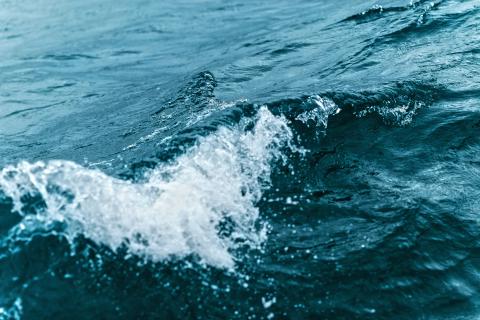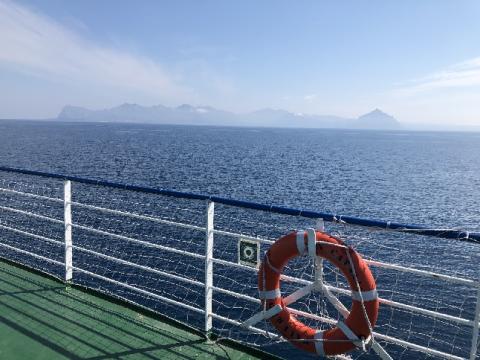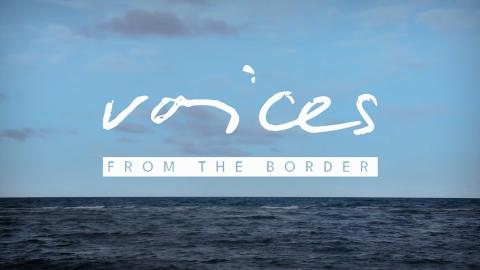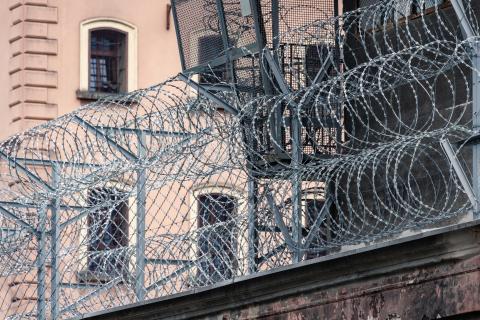
#DayofSmuggling
⭕ Save the Date: Gala: Day of Smuggling - Festive tribute of Europe's Smugglers on 25.06.23 in Berlin ⭕
While Europe celebrates helping some people to cross the border, helping others has been systematically criminalised for years. Over and over again, politicians refer to the "criminal smugglers" who put the lives of refugees at risk.
➡️ Watch our campaign video:
The same politicians who let the very same people freeze to death in the forest, drown in the Mediterranean or push them back. So why do they suddenly seem concerned about the wellbeing of refugees when it comes to smugglers? - They are not.
The fight against smuggling is not about protecting people. When they say "fight smuggling", they mean: "fight migration".
The fact is: The "fight against smuggling" serves as a legitimisation for a far-reaching criminalisation of any support for refugees. Often it is even the refugees themselves who are criminalised, for example for steering the boat.
The fact is: at all times, people on the move have been dependent on the help of smugglers who have brought them across borders for money. In Germany, smugglers could even sue for their wages in court. Whether something was celebrated as necessary aid to escape or discredited as smuggling has always depended on the political and historical context.
The fact is: the problem is not smugglers, but the world's deadliest border regime. The more the EU criminalises entry and militarises its borders, the more risky, dangerous and expensive the service of smuggling becomes.
SMUGGLERS-PORTRAITS
What is really behind the "fight against smugglers" becomes clear, among other things, by looking at WHO is being criminalized. In the coming weeks, we will publish video portraits of smugglers on our channels to show who and what stories are actually behind the common image of the "faceless evil criminal."
1) Homayoun Sabetara - sentenced to 18 years in prison for smuggling in Greece:
2) Hamza - imprisoned in Greece:
GALA DAY OF SMUGGLING
On 25 June we held the Day of Smuggling Gala in Berlin on the anniversary of the awarding of the Federal Cross of Merit to Lisa Fittko, who helped WW2 refugees to escape from the Third Reich. We honoured today's smugglers and traffickers who oppose the European border regime. You can watch the recording of the gala here:
1) Gala Part 1
2) Gala Part 2
3) Gala Part 3
4) Gala Part 4
With our campaign we want to intervene in the dominant criminalising discourse around smuggling. The recent example of Ukraine has shown that helping people to cross borders is necessary and legally possible. In the coming weeks, we want to take a critical look at the political narrative around smuggling. What is meant when we talk about smuggling? Who or what is being criminalised? Why is aiding border crossings considered morally (and legally) right in some cases and wrong in others?
And we want to shift the focus back to the actual problem: the EU border regime.
Fight borders, not smugglers!
More infos to follow. Check out this page or our social media channels to follow the campaign and stay updated.
Thanks go to Bewegungsstfitung, which substantially finances this campaign.





